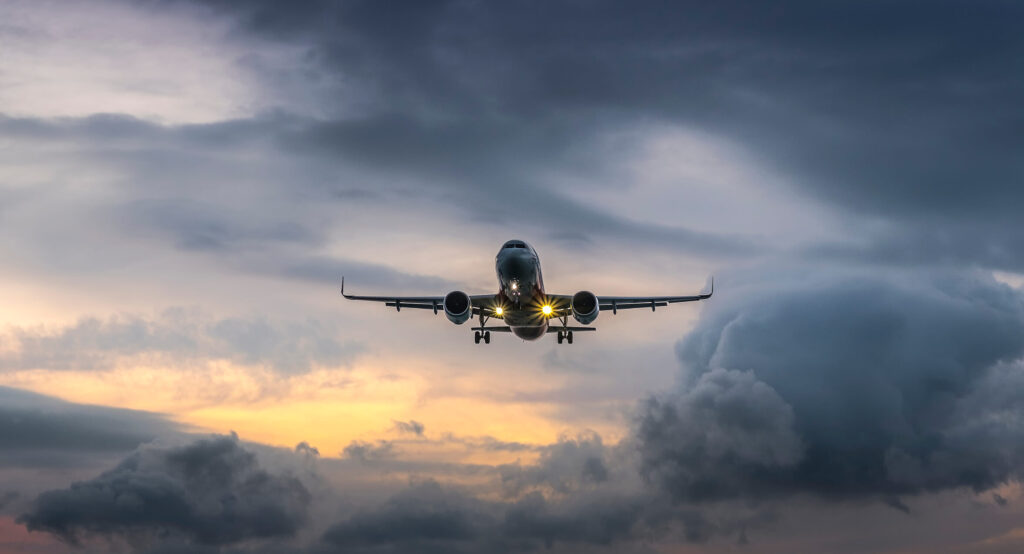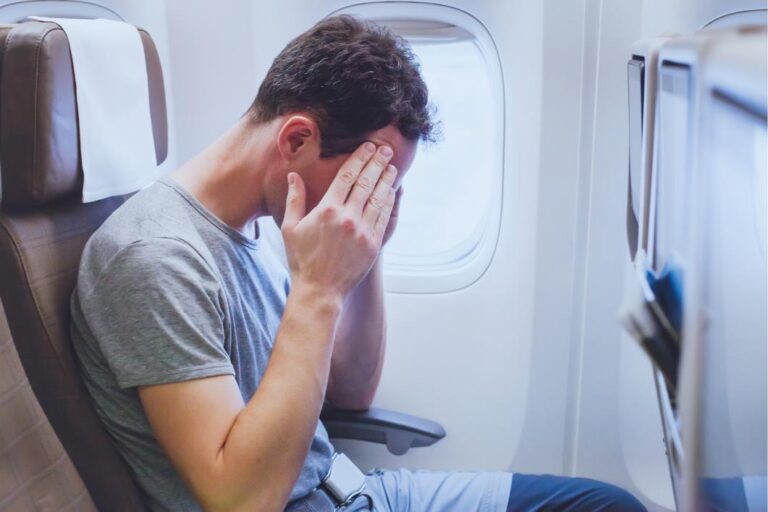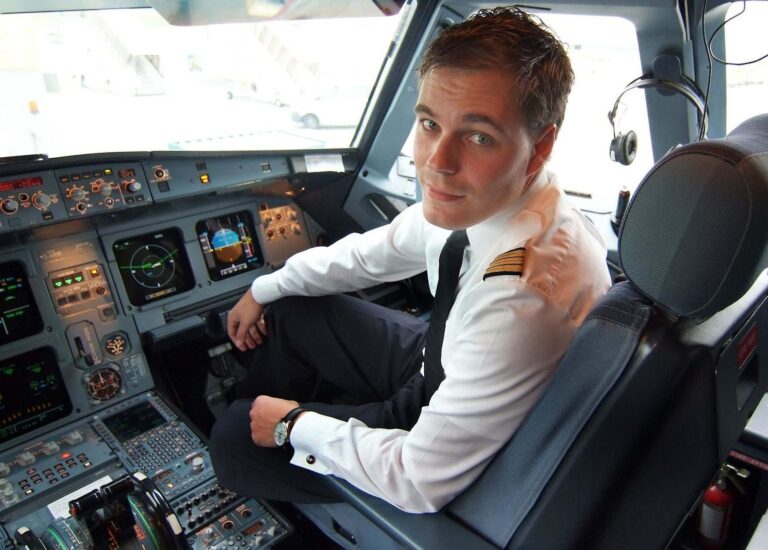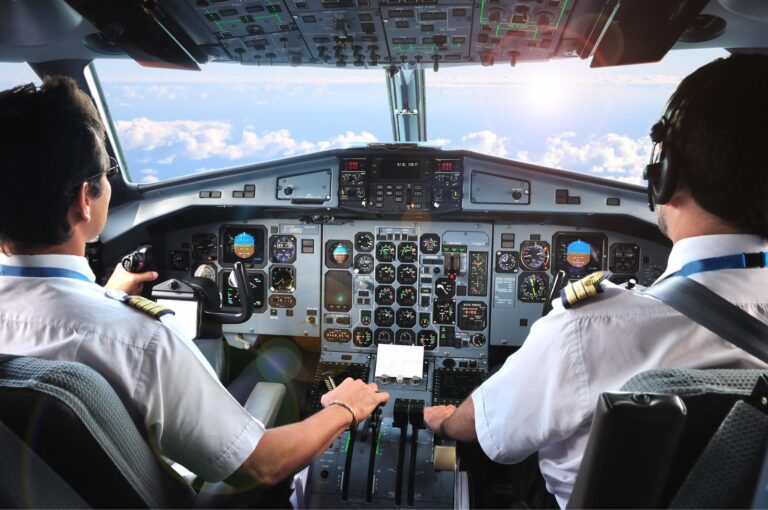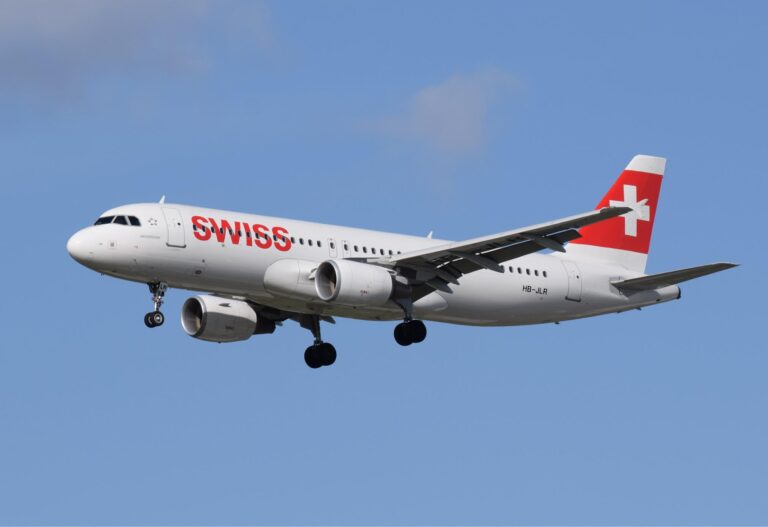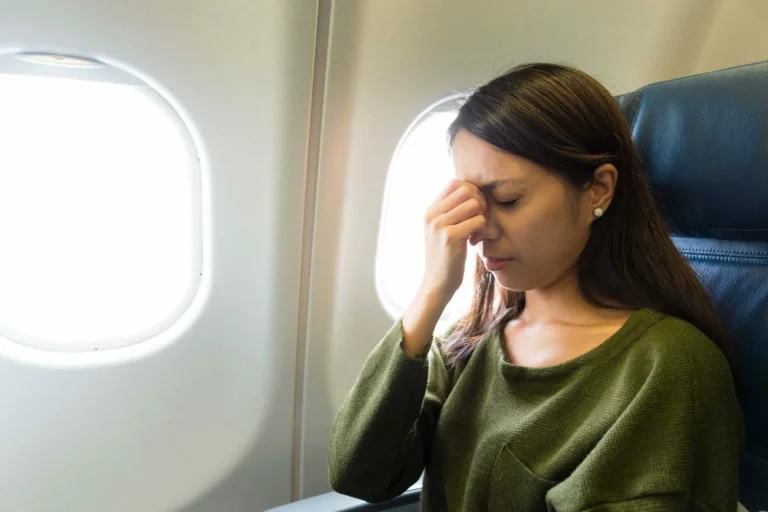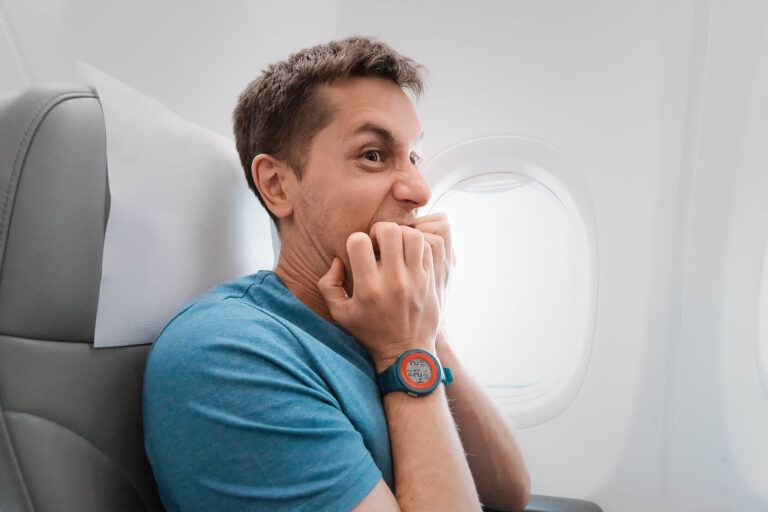In our quest to help you with your fear of flying, we at Dial A Pilot understand that many concerns can make you a nervous flyer. Questions like “Will it be turbulent on my flight to Denver?” or “What happens when there is an engine failure?” can consume your thoughts. Our aim is to provide the answers you need to make your flight a pleasant and worry-free experience.
At Dial A Pilot, we understand that turbulence can be a primary source of anxiety for many passengers. Yet, is turbulence dangerous? The short answer is, most of the time, no. Turbulence is akin to potholes on a road. It’s often caused by atmospheric pressure, jet streams, air around mountains, cold or warm weather fronts, or thunderstorms, none of which pose a significant danger to your flight.
Airline pilots are extensively trained to handle turbulence. Moreover, modern airplanes are designed to withstand extreme turbulence.
<h3>The Safety of Flying</h3>
When we talk about airline safety, it’s important to remember that flying is one of the safest modes of transport. U.S. airline safety statistics indicate that the odds of being in an accident are extremely low. Airplanes and their engines are designed with multiple redundancies. Even in the extremely unlikely event of an engine failure, planes can fly safely with just one engine, a fact that our pilots will be happy to elaborate on.
<h3>Weather and Flights</h3>
Questions like “Can airplanes fly through storms or rain?” are also common. In general, pilots avoid flying directly through severe weather. Modern aircraft are equipped with advanced radar technology that provides information about weather conditions ahead, allowing pilots to navigate around stormy areas.

